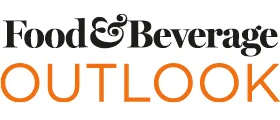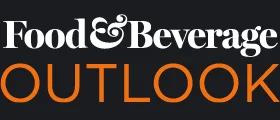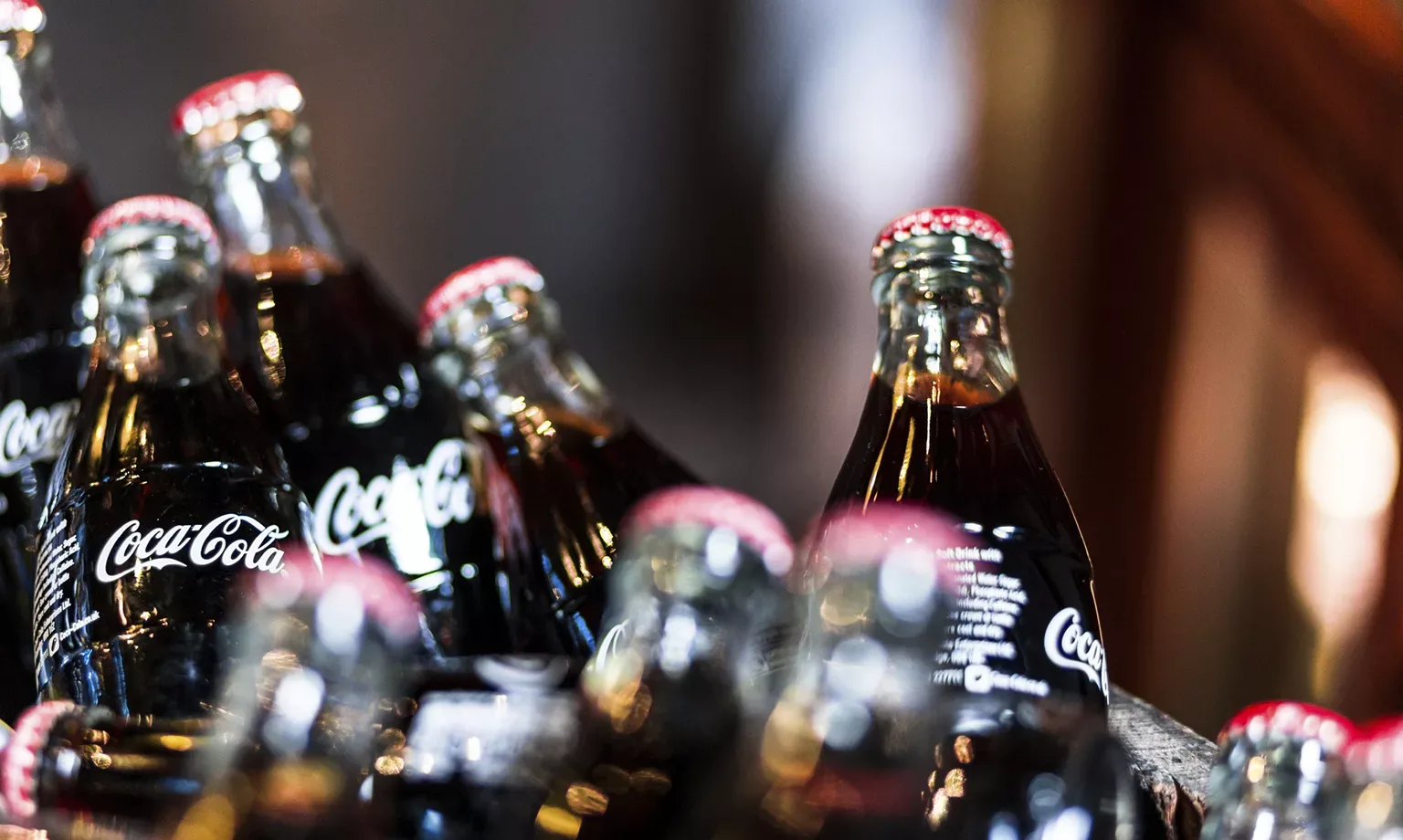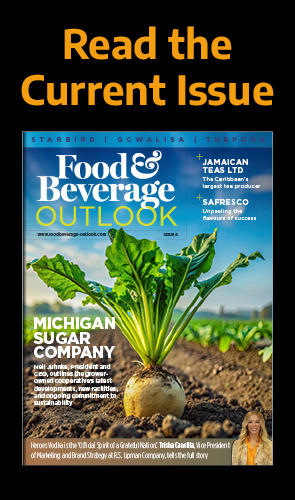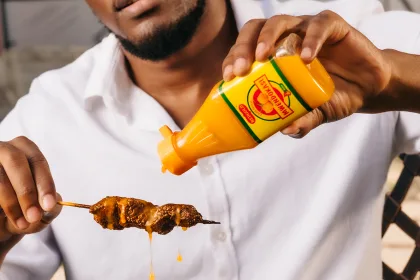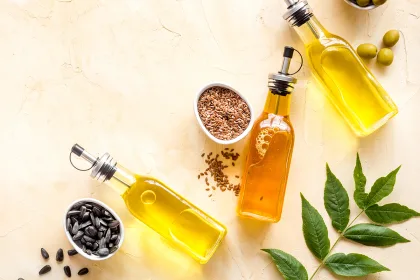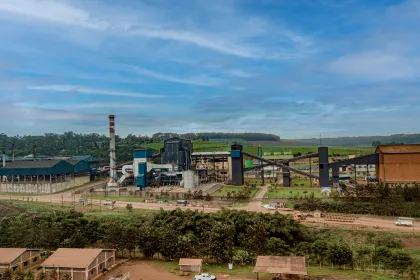As a bottling partner of The Coca-Cola Company, the world’s largest beverage company which owns some of the world’s most famous brands, including 20 brands in the billion dollar league, it should come as no surprise that Equatorial Coca-Cola Bottling Company (ECCBC) continues to thrive across North and West Africa; more so, given its devotion to wider social enrichment that is now catching the eye of the continent.
BOTTLING HAPPINESS
The business has flourished over the years through the production, sale and distribution of some of Coca-Cola’s world favourite non-alcoholic beverage brands. This penetration into African communities, however, has been far more than thirst-based on a local level; as is epitomised by The Coca-Cola Bottling Company of Ghana Limited (TCCBCG).
“Specifically in Ghana, TCCBCG located to its current site at Spintex, Accra in March, 1995 and we have been in operation there ever since,” says TCCBCG’s Managing Director, Felix Gomis. “TCCBCG, part of the Equatorial Coca-Cola Bottling Company group, initially produced 30cl Coke, Fanta, and Sprite but has expanded across five categories; namely, carbonated soft drinks (CSDs, i.e. Coca-Cola, Fanta, Sprite, etc), water (Bonaqua), energy (Power Play/Monster), juice (Rani), and dark malt (Schweppes Malt).”
TCCBCG presently consists of one bottling plant in Accra with four production lines which produce 51 store-keeping units as well as four major depots strategically located in regions around the country. The result is a total of 50,000 outlets across the country being served, equating to a market-leading CSD share of 65.8 percent, and a 25 percent contribution to Ghana’s non-alcoholic-ready-to-drink sector (NARTD volume share).
On a more significant note, though, ECCBC has built a reputation for its wider social values and not simply for being a beverage producer of choice.
“As a company, the sum of our core values and strategic imperatives enables us to provide that leadership and make difference within the markets in which we operate,” Gomis emphasises. “These values are embedded throughout our system.
“Our greatest asset has always been our people and we always strive to delight our consumers who are always first to us. We also take pride in giving back to the communities we serve proudly, as we strive to refresh and create new value for our consumers, customers and other stakeholders.”
EQUATORIAL COCA-COLA BOTTLING COMPANY (ECCBC)
The Equatorial Coca-Cola Bottling Company project in Africa began in 1989 in Equatorial Guinea with the concession of The Coca-Cola Company, and the venture was later expanded into Guinea Conakry, Mauritania, Cape Verde, Guinea Bissau and The Gambia.
Later, in 1997, ECCBC was created as a new company to combine the operations of all these countries and serve as a platform for future growth. During the past two decades, we expanded our operations to new territories in Africa, such as Ghana, Morocco and Algeria, and today ECCBC operates, as part of the Coca-Cola system, in 13 African countries; reaching more than 100 million consumers, serving more than 200,000 points of sales with 1.3 billion-plus transactions a year.
“Since we began our activity in Africa we have combined social and environmental commitment with a growth strategy that has allowed us to consolidate quickly in all of the countries in which we operate,” Gomis adds. “Year after year, we have increased our investments, sales and distributed products.
“The current profile features 13 countries, 12 bottling plants, 43 product lines, and more than 5,000 direct employees as well as more than 50,000 indirect employees.”
COST EFFICIENT PRODUCER
ECCBC’s role in Africa has grown rapidly – as expected – yet sustainably since its introduction to the continent, and ECCBC has consequently become involved in the development of each area in which it operates in order to evolve a cohesive company committed to each region’s cultural identity and diversity.
The driving forces behind such an ethos include passion, a winning formula, operational excellence, diversity consideration, responsibility and transparency, and sustainability as the company works harmoniously alongside each community to preserve the natural environment for future generations.
“In Ghana, we seek to operate in an efficient manner so as to manage the operational costs of the business and to ensure we meet our financial and social obligations,” Gomis continues. “In an effort to become a more cost efficient producer, and therefore more competitive, over the years we have identified key cost reduction areas across our operations which are constantly being addressed and monitored regularly.”
Continuously monitoring industry, consumer and social trends has been a trademark for ECCBC as changing preferences and emerging competition has been responded to in order to keep ahead of the curve across all product categories. Its presence in the still beverage market is a great example of this as the company looks to remain competitive and relevant to consumers while protecting its own market share through a diversification of its portfolio.
“We have also focused on improving our route-to-market capability by ensuring the right logistical support as well as people capabilities to ensure adequate execution in channel; offering good products and a good service,” Gomis says. “Again, we have sought to manage the profitability of our business partners and customers to guarantee that they continue to do business with us in a highly competitive economic climate.”
A REFRESHING ARRAY OF BEVERAGE CHOICES
Complementing the expansion of choice is also a heightened transparency of information to keep in line with food safety and consumer wellbeing demands; once again addressing the positivity that Coca-Cola is trying to instill in each community.
Range and option are two more consumer demands also being catered for at present, as the company looks to increase product availability across its PET bottling range; all the while monitoring global trends to apply the best solution locally.
“At Equatorial Coca-Cola Bottling Company, we have, over the years, provided a refreshing array of beverage choices – both with calories and without – that help our consumers to stay hydrated and refreshed,” Gomis states. “There is a beverage for every lifestyle, life stage and life occasion; from our regular sparkling and still beverages, to the introduction of Coke Zero, and more portion sizes than ever before (2L, 1.5L, 1L, 0.5L, 0.35L and 0.2L packages).”
“Also in Ghana, we organised a nutritional forum in Accra and Kumasi which sought to draw the public’s attention to good healthy food habits and helping consumers make balanced diet choices. The forum saw seasoned panellists talk the participants through many healthy habits such as choosing good foods, knowing the right quantity of foods to eat, and exercising.”
“By providing more choice across our beverage portfolio, we are also able to build a stronger business and meet the ever-evolving preferences of our consumers,” Gomis says.
SUPERIOR RESULTS
In order to achieve such external prominence across its bottling capabilities, its product range, its market share and its social influence, the work going on behind the scenes to make TCCBCG’s internal structure as efficient as possible is equally vital.
To this end, the company has introduced a new ERP software to help manage the company’s business processes, enhance operational excellence, improve consistencies, and to facilitate effective risk management and compliance.
From a facility perspective, a new ultra-modern PET line has been added recently to its Accra factory to complement continuous upgrades across each site in order to optimise levels of product quality, food safety and standard monitoring process equipment.
Naturally, the same refinement is also applied across the personal element of the business; subsequently establishing a 10-department structure comprising executive management, junior staff and senior staff across marketing, HR, quality systems, technical, commercial, finance and IT, public affairs, communication and the supply chain.
“Currently, ECCBC in Ghana employs about 800 people. There are also several third parties/contractors who work with us,” Gomis details. “Our employees comprise local talent and we invest in ensuring they have the needed skills and knowhow to deliver superior results in the workplace and the market place.”
“We have an internship programme in place to this end and collaborate with other tertiary institutions to create a pool of local student trainees.”
SUSTAINABLE DEVELOPMENT
Inevitably, making a concerted effort to progress local artisans and give them the opportunity to work for a brand like Coca-Cola is a huge contributor to TCCBCG’s aforementioned community involvement and corporate social responsibility (CSR) efforts.
“From its first day on the African continent, more than 20 years ago, ECCBC became actively involved in the development of the communities in which we operate. Therefore, we participate alongside The Coca-Cola Africa Foundation in projects that focus on improving education, access to drinking water, health and sustainability,” Gomis explains. “Since 2001, The Coca-Cola Africa Foundation has focused its efforts on community enhancement projects. At ECCBC we have made their goals our own, and aim to collaborate actively with The Coca-Cola Africa Foundation.
“In particular, ECCBC in Ghana, with our partners, has invested more than US$6 million to construct 23 water health centres to provide high quality potable water. More than 500,000 people living in various communities in Ghana have benefitted from this project.”
In the area of healthcare, more than 250 Ghanaians suffering from cataract have been treated at no cost, thanks to a collaboration between ECCBC and the Spanish-based Barraquer Foundation; an initiative that will be replicated in numerous other African countries in the near future.
“Over the past three years, our company has also donated three medical containers a year, benefitting three hospitals; namely Marie Louis Children’s Hospital, Keta Hospital and The Accra Psychiatric Hospital. These donations are also augmented by biomed training support provided by Medshare and Coca-Cola.”
It is initiatives like these which will ultimately define ECCBC’s influence in Ghana and on the continent in the long-term. It is safe to say that the Coca-Cola brand and its products will always speak for themselves and stand above the rest, but, in order to remain relevant and influential on a local level, Gomis firmly understands that all areas of industry and social life need to be adhered to.
He concludes: “Our goal is to sustain the profile of our brands as the preferred beverage choice for all times; and to evolve our company as the preferred place of work, the established industry leader, and a recognised partner for sustainable development in the communities in which we operate.”
